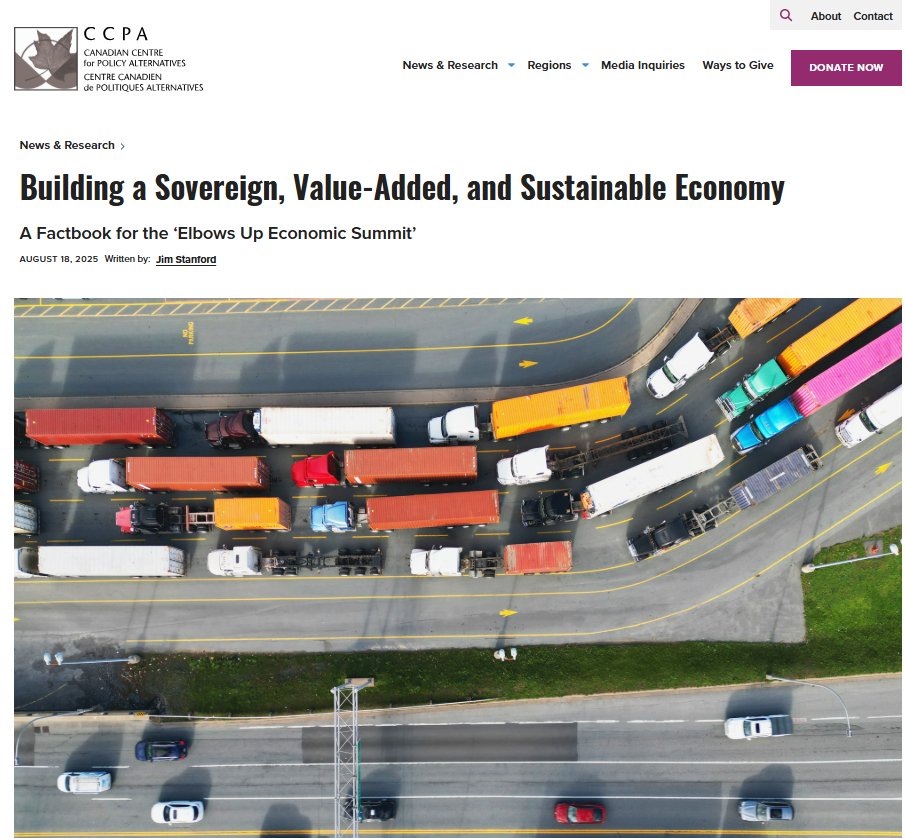THREAD: Today's shocking #LFS data confirm once again why the official unemployment rate is a virtually useless indicator during a downturn. It excludes people not working but not actively searching & available for work. And people 'employed' but not working any hours...2
Just over 1 million people lost their jobs in March (as of the reference week: March 15-21). 1.3 million more kept their jobs but didn't work. 800K lost more than half their hours. Let's say roughly 2.7 million job-equivalents were lost (using half the 800K who lost >1/2 hrs)...3
But official unemployment rose by only 413K due to strict definition of who counts as 'unemployed.' The loss in jobs (2.7 million) was 6.5 times higher than the rise in unemployment. A truer measure of the unemployment rate, therefore, would be about 20%, not 'official' 7.8%...4
Recovery in the labour market will require a long process of rebuilding employment, participation, and average hours. Reducing the official unemployment rate (which will rise again in April, but will still be misleadingly low) will be only a small part of the solution...5
The #LFS data also confirmed the deep inequities in the impact of #COVID19 job losses. People in insecure, low-wage jobs were far more likely to lose work and hours. The cleavages are striking:
* 15% fall in employmt for youth (15-24), 5 times worse than for 25-54 yr-olds ...6
* 15% fall in employmt for youth (15-24), 5 times worse than for 25-54 yr-olds ...6
* Loss of work for multiple job holders (down 25%) was 5 times worse than the decline for all workers.
* Loss of work for those in temporary jobs (down 14.5%) was 3 times worse than for those in permanent jobs.
* Loss of jobs for women (7.0%) almost twice as large as for men...7
* Loss of work for those in temporary jobs (down 14.5%) was 3 times worse than for those in permanent jobs.
* Loss of jobs for women (7.0%) almost twice as large as for men...7
* Losses of jobs and hours for those without union protection (7% fall in employment, plus 19% more who lost >1/2 of hours) were significantly worse than for those whose employers were constrained by a union collective agreement.
Left to its own devices, this crisis will badly exacerbate existing inequality. It will require a central focus on helping the most insecure and low-wage workers first now, and then committing to reduce precarity & poverty on an ongoing basis, to limit this very worrying impact.
• • •
Missing some Tweet in this thread? You can try to
force a refresh











